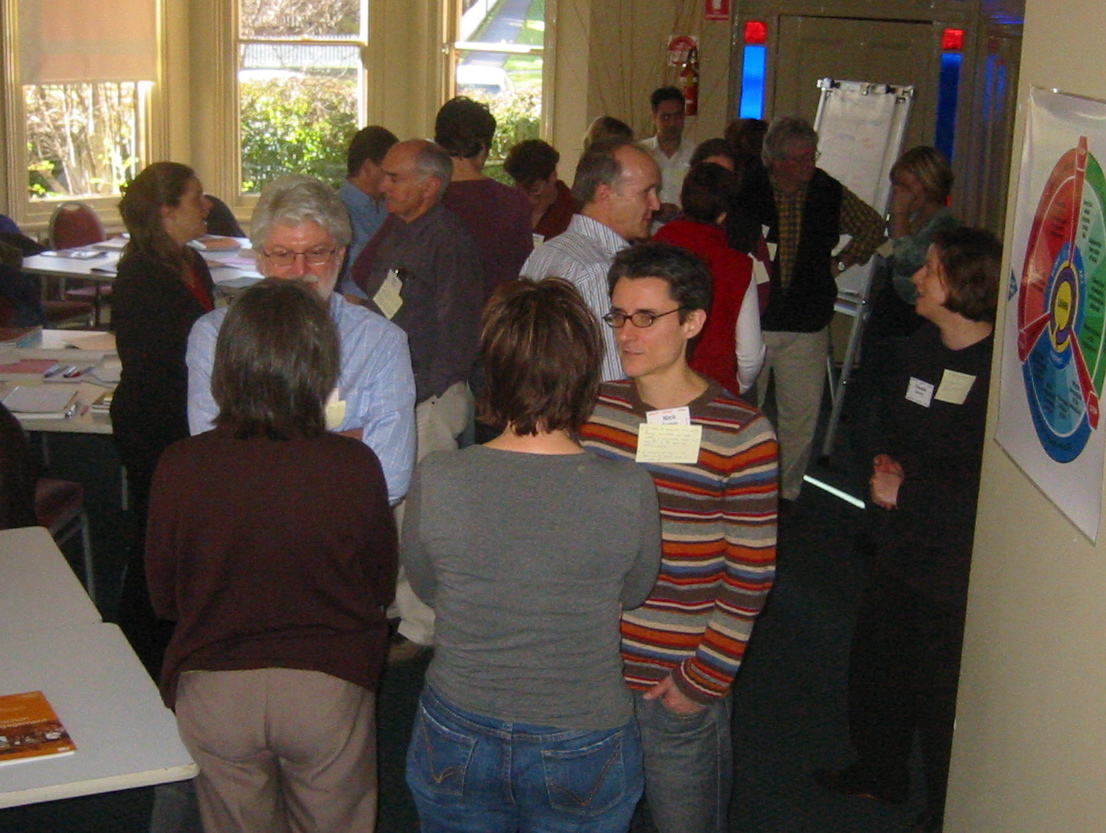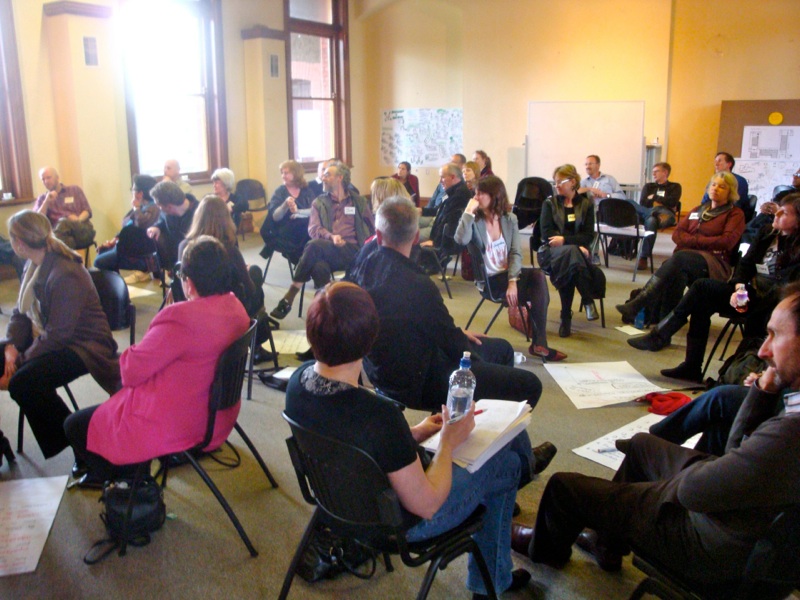 Are you ever responsible for a project, making up a program, putting on an event? This highly interactive course will help you plan how to identify and engage your stakeholders so that they feel heard, consulted or collaborated with as they would wish!
Are you ever responsible for a project, making up a program, putting on an event? This highly interactive course will help you plan how to identify and engage your stakeholders so that they feel heard, consulted or collaborated with as they would wish!
Feb 27th 2013, The Abbotsford Convent Abbotsford, 9:00am to 4:45pm, $330 inc. GST, ($300 Early Bird Rate before Feb 13) lunch & teas, materials and informative manual. Registrations Australian Study Circles Network Mary.brennan@studycircles.net.au and download information flyer




